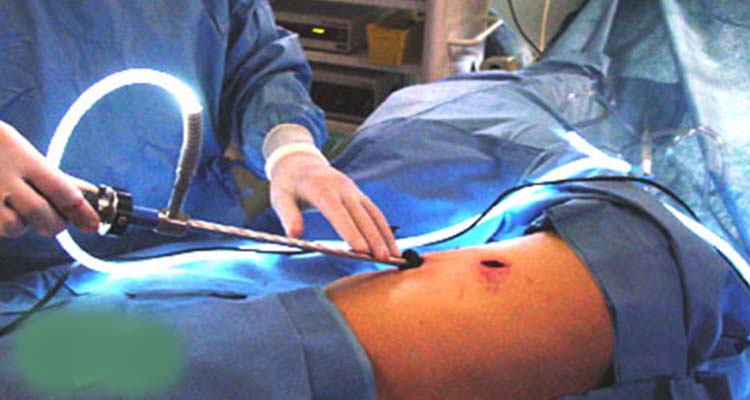Thoracoscopy is a medical procedure to study and treat the chest cavity diseases using a type of endoscope instrument known as thoracoscope. This instrument is inserted by making small chest incision which provides direct visuals to the doctor to examine the lungs, mediastinum, and pleura. A chest surgeon or a pulmonary specialist with his team performs this procedure under general anesthesia or under sedation to:
- Identify and examine any sign of abnormality in lungs, pleura or mediastinum. Acquire tissue samples from the linings of lungs, pleural spaces, chest wall, mediastinum, and pericardium.
- Remove small lung tumors or tissue and drain excess fluid or pus in the pleural cavity or pleural cysts.
- Get the samples of tissues for examination and thereby diagnosing the inflammation, infection or cancer.
- Place medicine and other treatments directly into the lungs (pleurodesis).
THORACOSCOPY SURGERY PROCEDURE
- A thoracoscopy is done in a hospital operating room under general anesthetic, which means you will be asleep during the procedure. You may be in hospital for 1 to 4 days after a thoracoscopy.
- A thoracoscopy is done by making 1 to 3 small cuts (incisions) on the side of the chest between 2 ribs and through the chest wall. A thoracoscope is inserted through one of the incisions into the chest cavity. If you are having VATS to remove small lung tumours, the other incisions are used to put surgical instruments into the chest.
- If the thoracoscopy is being done to examine a diseased lung, that lung may be deflated so that the doctor has more room to look around in the chest cavity. Air may also be put into the space around the lung. This makes the lung smaller so that the doctor can see more of the structures on and around the lung.
